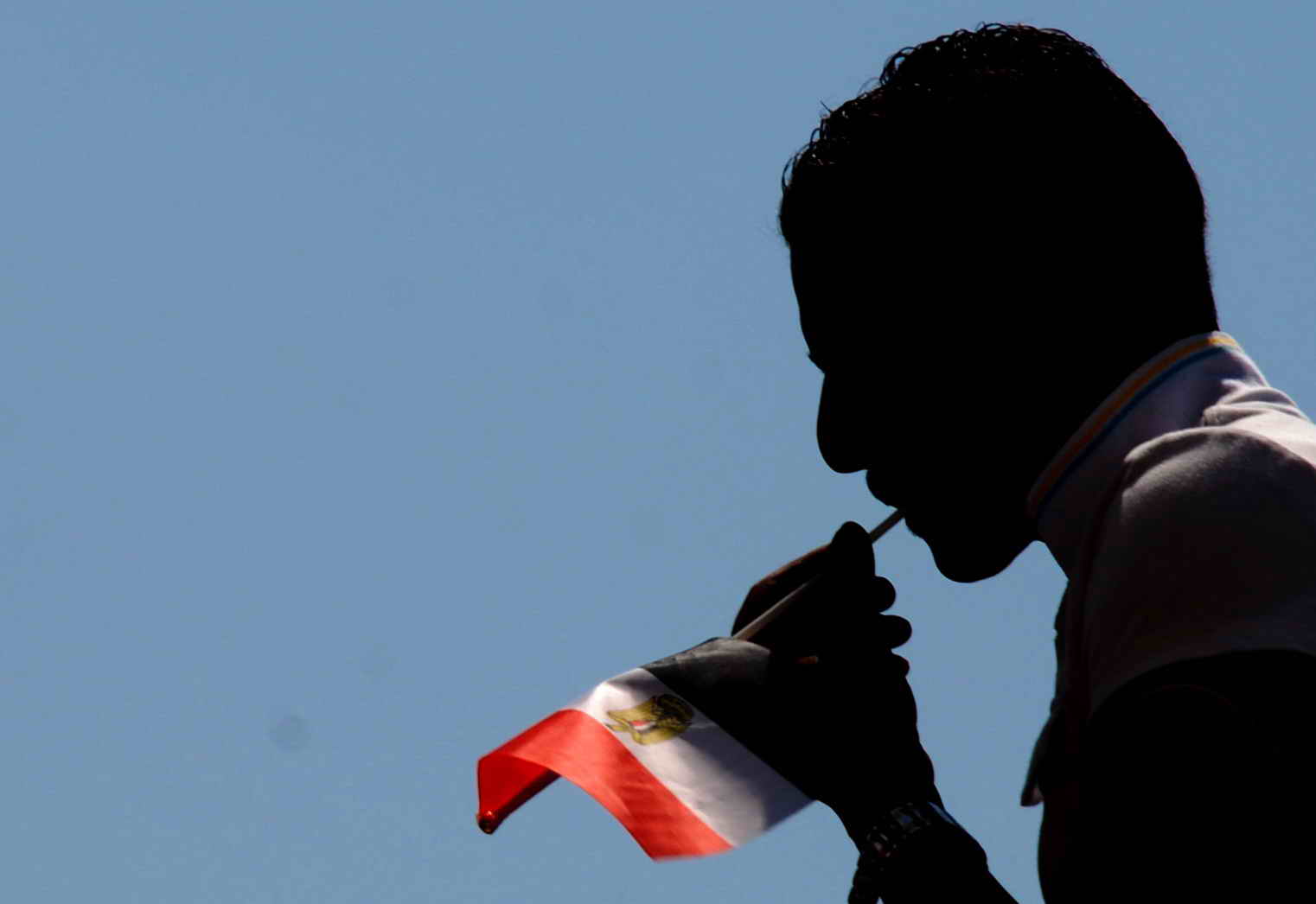DAKAR: Leaders from the world’s biggest Muslim forum started a summit in Senegal Thursday that was overshadowed by conflicts and new tensions that have stricken member nations.
The 11th Organization of the Islamic Conference summit is meant to concentrate on a campaign against Islamophobia in the West and efforts to reform the group and increase solidarity between its 57 members.
But the event opened as one member, Chad, accused rebels based in another, Sudan, of crossing the border to launch a new offensive.
Afghanistan President Hamid Karzai was preoccupied with a car bomb in Kabul that killed six people, and Palestinian president Mahmoud Abbas’ attention was focused on renewed Israeli attacks in Gaza.
Iran’s President Mahmoud Ahmadinejad was also a key figure at the summit as he confronts tensions with the United States over its nuclear program.
For President Mamadou Tandja of Niger, the gathering in Dakar was his first chance to leave his country in two years because of an ethnic Tuareg rebellion.
The two-day meeting started with Malaysia handing over the presidency of the 57 member organization to Senegal’s President Abdoulaye Wade, host of the summit which was twice postponed because of construction delays.
In a message read at the meeting, Malaysia’s Prime Minister Abdullah Ahmad Badawi, who cancelled his attendance because of domestic political troubles, called for the OIC to become more involved in efforts to secure “world peace.
But highlighting troubles that have beset its members, Chad accused rebels based in neighboring Sudan of crossing the border to launch an offensive as its president, Idriss Deby, attended the Dakar meeting.
On the eve of the summit, Wade had sought to bring together Deby and Sudan’s President Omar Al-Beshir for talks on ending bitter rivalry between the two.
But Al-Beshir failed to turn up at the meeting, at which UN Secretary General Ban Ki-moon was also present. The Senegalese leader said Al-Beshir blamed “a headache for his absence.
Another meeting was organized for Thursday but there were widespread doubts that any progress would be made between the two, who have made five previous accords but at times come close to war in the past five years.
Chad rebels denied they had launched a new offensive. A rebel spokesman told AFP Deby had invented the offensive as an excuse not to sign a peace accord with Al-Beshir.
The French defense ministry in Paris said French military forces deployed in Chad had not for the moment detected any rebel columns crossing from Sudan.
Conflict in Iraq, Afghanistan, Darfur, and Somalia have all been key talking points in the buildup to the summit, diverting attention from the OIC leadership s efforts to reform the body and its campaign against Islamophobia – attacks and threats against Muslims and what it considers insults against the Islamic faith in the West.
Several leaders have called for a major campaign against Islam s negative image in the West, particularly since the September 11, 2001 attacks on the United States.
The OIC also wants western nations to clamp down harder on what it considers anti-Islamic gestures such as the publication of cartoons lampooning the Prophet Mohamed in Denmark and the looming release of an anti-Islamic film by far-right Dutch MP Geert Wilders.
The OIC was created in 1969 and its charter dates from 1972. OIC secretary general Ekmeleddin Ihsanoglu said before the meeting that the summit would be a turning point because of the agreement to change its charter.
The role of OIC as not only representative of these 57 countries, but as the spokesman of the Muslim world, the spokesman of the inspiration of the Islamic ummah [community], has been increasing and expanding, said Ihsanoglu.
Under pressure from the group s African members, the summit is to relaunch efforts for greater economic cooperation including strengthening an Islamic solidarity fund which aims to raise $10 billion but so far has only $2.6 billion. -AFP
